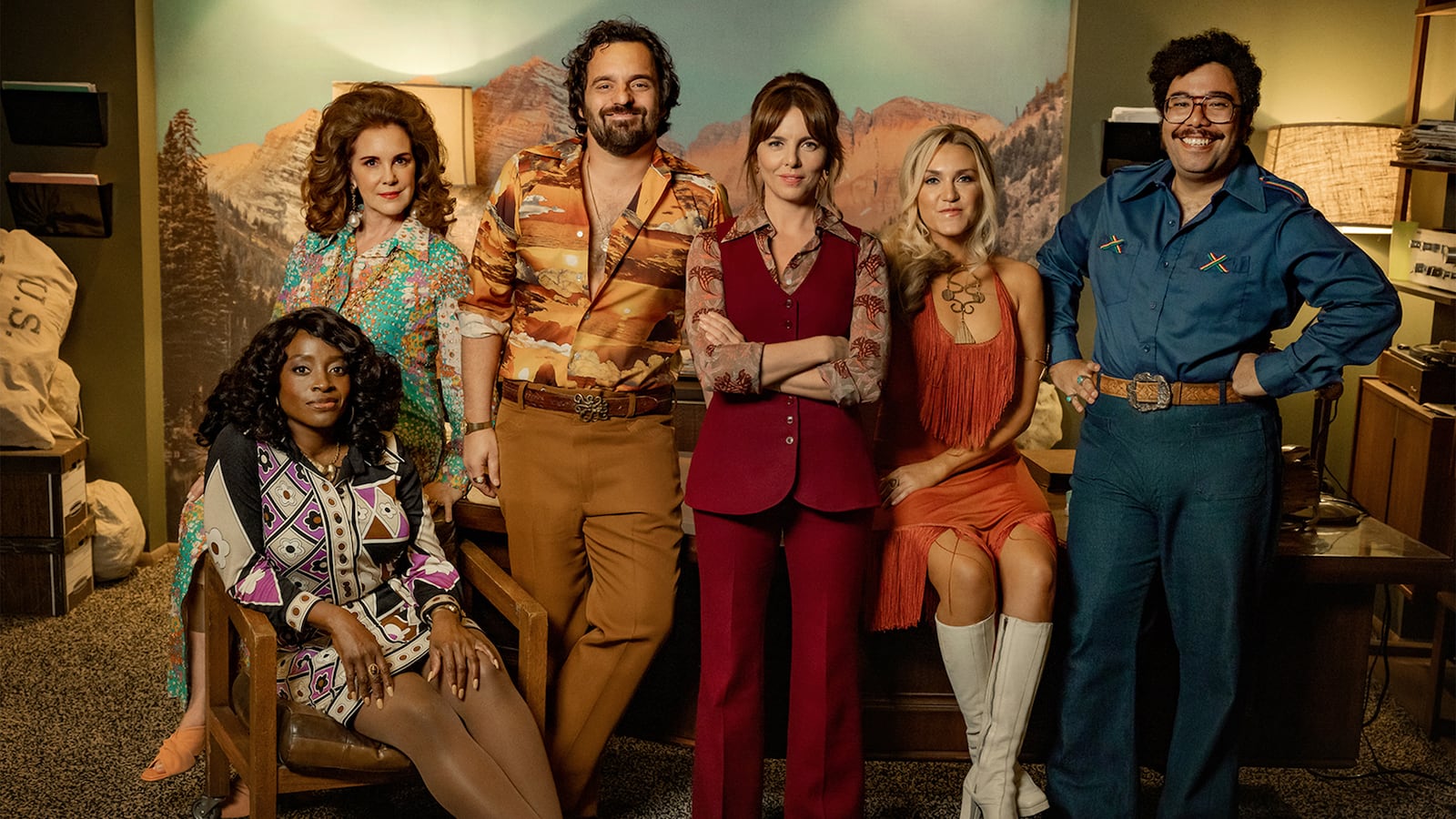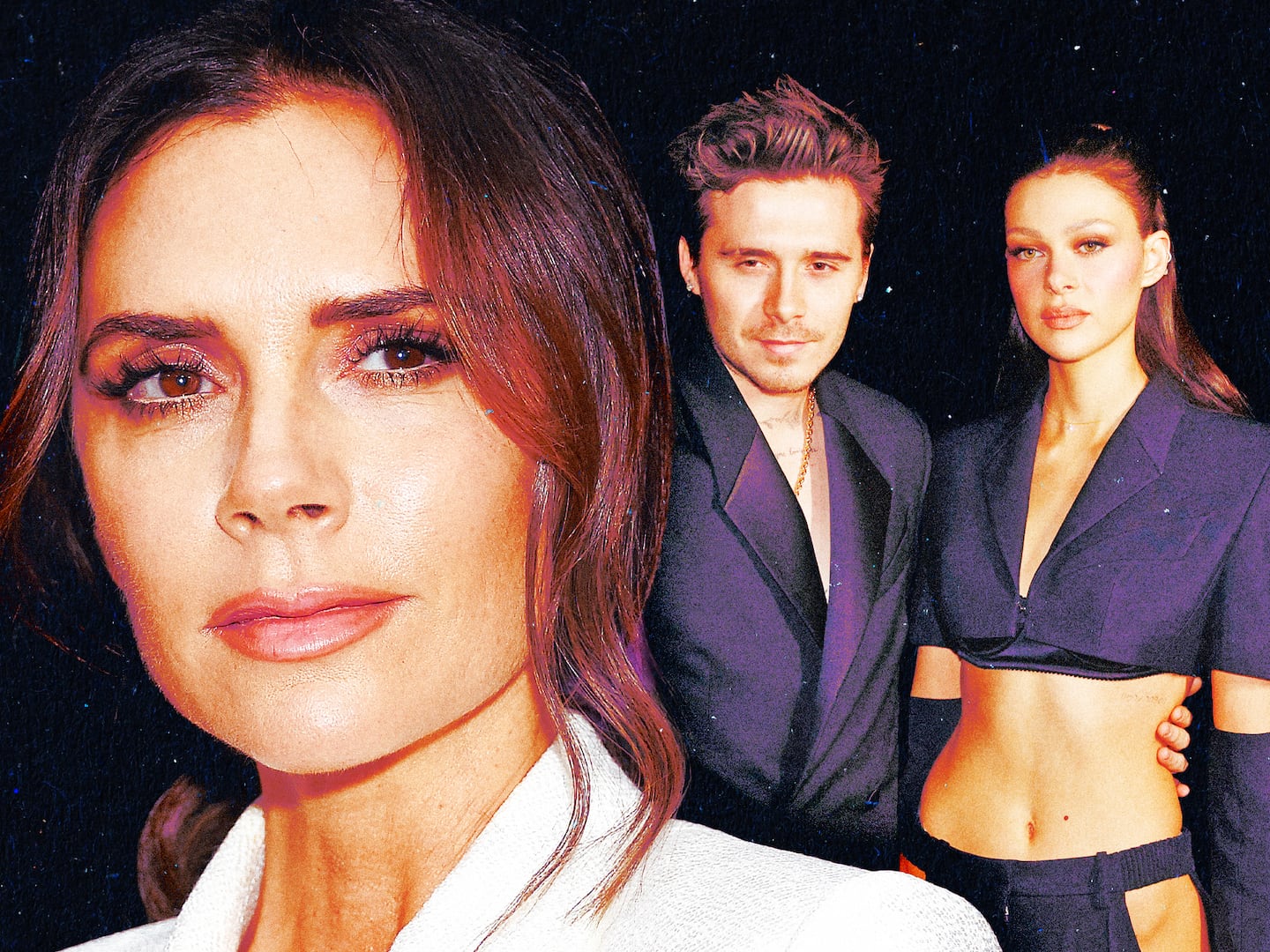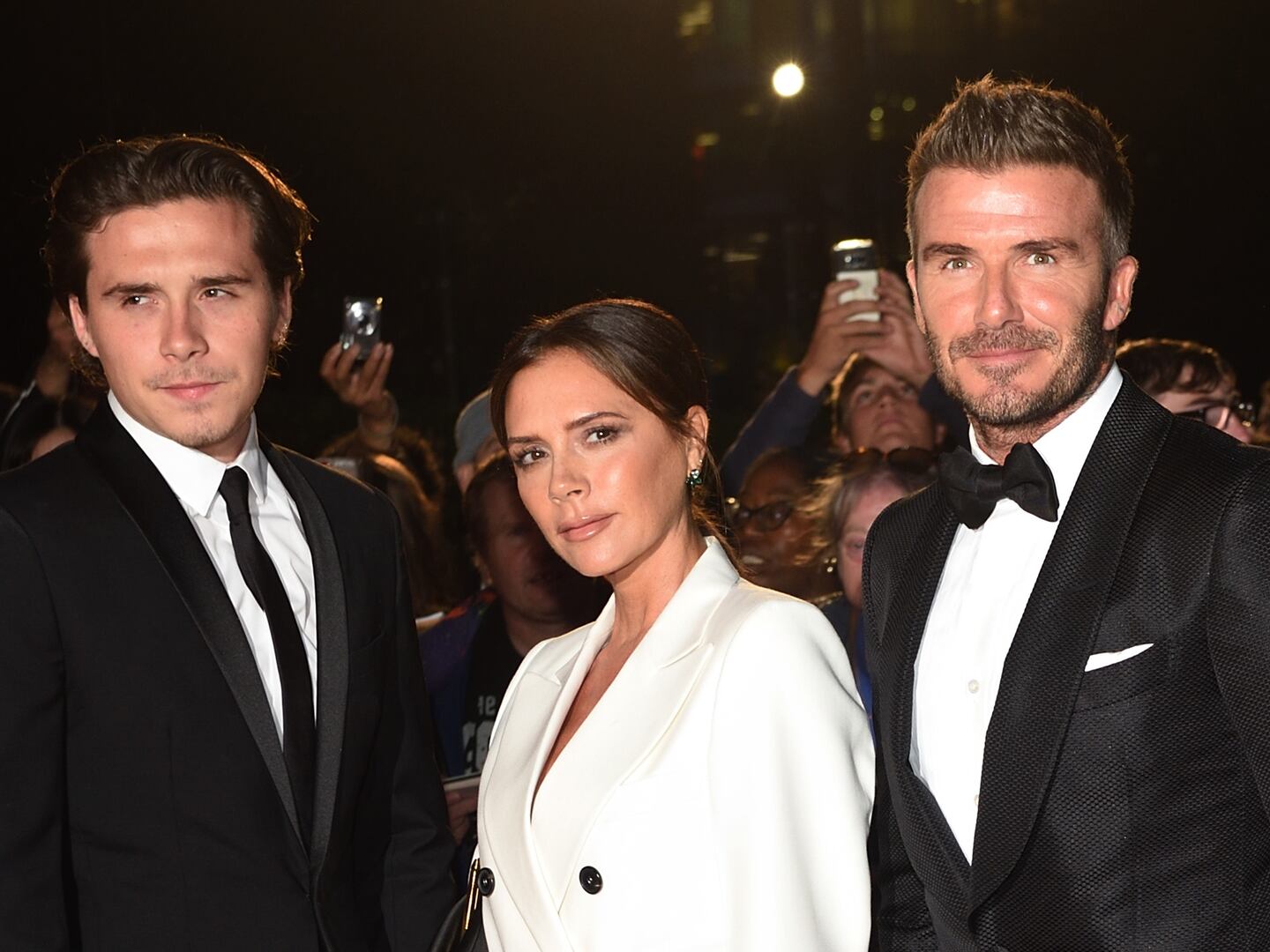Unceremoniously canceled following its first HBO Max season, Minx rises again on Starz—replete with a cornucopia of diverse dicks. Ellen Rapoport’s half-hour comedy series continues to hinge on the clash between men and women, and high and low. For the majority of its sophomore outing, it peddles a suitably silly—if a bit more scattershot—fiction about empowerment, compromise, and the lengths to which people will go to achieve their ambitions. What begins as a lighthearted and frothy tale of gender warfare, however, eventually devolves into a preposterous mess, thanks to its desire to imagine yesteryear through an ill-fitting contemporary lens.
Minx, which returns July 21, picks up with its characters at a moment of tumultuous early-’70s transition. Now in full control of Minx magazine, which has become a global sensation thanks to its marriage of feminist ideology and naked-men centerfolds, Joyce (Ophelia Lovibond) is being courted by the publishing world’s heavyweights (Hearst, Condé Nast, Meredith). Yet she can’t make a decision because she fears that giving up control will result in the destruction of her vision.
This is wearing on photographer/art director Richie (Oscar Montoya) and jack-of-all trades Bambi (Jessica Lowe), who are trying to get by without a regular gig. Also hustling to make ends meet is Doug (Jake Johnson), who along with Tina (Idara Victor) is intent on figuring out how to get enough money to print the magazines that are in the production pipeline and to distribute those that are already ready to hit newsstands.
Doug is a huckster looking for an angle that he can exploit to the fullest (one of his guiding ethos: “B.S. your way through life”), and his main goal, of course, is to reboard the Minx gravy train. He does this by convincing Joyce that she should partner with Constance (Elizabeth Perkins), a famous widowed business titan whom Joyce greatly admires.
Joyce is reluctant to get back into (figurative) bed with Doug, but Constance’s presence is enough to seal the deal, thus setting the magazine on its skyrocketing course and reuniting the series’ two protagonists for more power-struggle comedic drama. Fame and fortune, though, bring with them unexpected perils, and Minx makes sure that even as they’re realizing their dreams, Joyce and Doug—and their colorful cohorts—are far from satisfied or stable.
Everyone is in flux in Minx, courtesy of the magazine’s liberating spirit. Once again involved with Doug, but increasingly discontent with playing second fiddle when she’s the engine that keeps the entire Bottom Dollar publishing empire running, Tina looks to both solidify her own standing with Constance and the company, and define her position in her romantic relationship. Richie and Bambi are interested in receiving the creative freedom and respect they deserve, with the former seeking out novel professional opportunities and pushing the envelope of what’s acceptable in Minx (and earning resistance from his superiors for his efforts).
Bambi is also establishing herself as the CFO (Chief Fun Officer) while working to become an irreplaceable member of the team. Joyce’s sister Shelly (Lennon Parham) is also finding her niche, continuing an on-and-off affair with Bambi at the same time that she explores fresh sexual horizons with her husband Lenny, as well as writes wild erotica for Minx under the nom de plume Bella LaRouche.
All of these characters remain captivating and amusing, and Minx smartly expands their personal and professional lives (and entanglements) so they can blossom into fully realized men and women. Simultaneously, Rapoport’s series focuses its attention on the humorous clash between human rights and commerce, here embodied, respectively, by Joyce and Doug, two opposites who need each other in order to accomplish their ends. Johnson’s turn as the anything-for-a-buck smut-peddler is still the main attraction, and Doug’s efforts to regain his footing are some of the new season’s highlights, such as a presentation for a Playboy Club-style revue chain that illustrates his gift for capitalistic showmanship—and, naturally, puts him at odds with Joyce, the paragon of mind-over-man-meat erudition.

Jake Johnson and Ophelia Lovibond.
John JohnsonMinx’s conceit—that of a magazine that mixes female-gaze porn with call-to-arms feminist journalism—has, from the start, been a fantasy designed to generate battle-of-the-sexes comedy, and by and large that construction pays off. There are plenty of ribald subplots (and dongs) strewn throughout this sophomore run, all of them enlivened by performances that expertly balance sincerity and ridiculousness.
Parham, in particular, is wonderful in these eight episodes, confidently conveying Shelly’s evolution from happily domestic mother and wife to uninhibited risk-taker. Whether she’s getting angrily invested in Billie Jean King’s famous exhibition tennis match against Bobby Riggs, or wrestling with her irrepressible feelings for Bambi, Shelly is a witty and three-dimensional supporting player who deservedly receives more time in the spotlight. Her surprising transformation captures the effect that Minx magazine has on its readers, who are still coping with shifting gender dynamics in this volatile sexual-revolution era.
Rapoport knows that a publication such as Minx never existed in real life precisely because its two modes (sleazy and scholarly) are incompatible, at least on a mainstream international scale, yet part of the action’s charm is its what-if fancifulness. Unfortunately, the closer it gets to its finale, the more the series prioritizes 21st-century, rather than realistic 1970s, viewpoints and values. It might be nice to envision the past in modern terms, complete with noble and brave progressive idealists, but it’s wishful thinking at best and phony revisionism at worst, and in the case of Minx, doing so destabilizes the material’s entire suspension-of-disbelief premise.
Rather than grappling with its chosen period’s social and political frictions as they might have actually played out, it tackles them via today’s standards, which makes little sense and results in climactic showdowns that, given this story’s foundational underpinnings, ring false.
Johnson and Lovibond are such an appealing pair, and their contentious rapport is so entertaining, that these late missteps are a disappointment, and leave the show at a crossroads that won’t be easy to navigate. Rapoport may have something up her sleeve that will rectify Minx’s preference for present-day mindsets over period-authentic outlooks and dilemmas. For now, however, the show appears on the cusp of taking that fateful jump over the proverbial shark.
Liked this review? Sign up to get our weekly See Skip newsletter every Tuesday and find out what new shows and movies are worth watching, and which aren’t.






